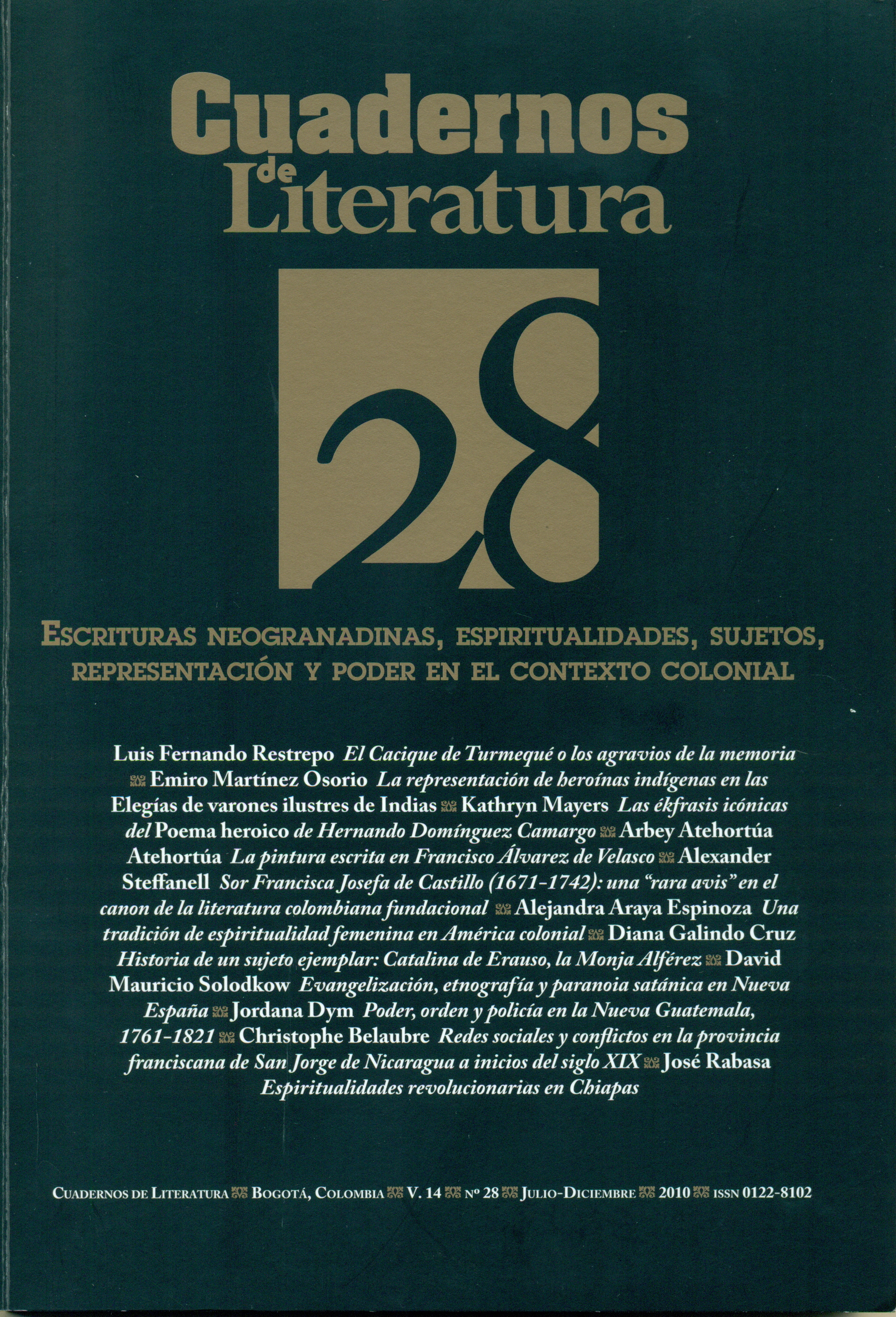Abstract
La introducción de alcaldes de barrio en Nueva Guatemala, capital del reino de Guatemala, a finales del siglo XVIII, inició veinte años de pleitos entre el capitán general, la Audiencia, el Cabildo y varios inmigrantes españoles sobre la posición de esta nueva institución de seguridad pública dentro del sistema de organismos de gobierno reales y locales. ¿Dependerían los alcaldes de barrio del Cabildo, autoridad tradicional de policía, o de la Audiencia? ¿Quiénes serían aptos para servicio, españoles “honrados”, “distinguidos” o simplemente “vecinos” del barrio? ¿Qué sería igual a o menor al honor de servir en este nuevo cargo honorífico o en el Cabildo, la milicia o el consulado de comercio? Al analizar los expedientes presentados al Consejo de Indias sobre el establecimiento de alcaldes de barrio en Guatemala se ilustra cómo las condiciones locales complicaron o imposibilitaron la “uniformidad” de gobierno promovido por el gobierno borbónico, prestando especial atención a la dinámica entre tres grupos pudientes en las vísperas de la independencia centroamericana.
Cuadernos de Literatura is registered under a Creative Commons Attribution 4.0 International Public License. Thus, this work may be reproduced, distributed, and publicly shared in digital format, as long as the names of the authors and Pontificia Universidad Javeriana are acknowledged. Others are allowed to quote, adapt, transform, auto-archive, republish, and create based on this material, for any purpose (even commercial ones), provided the authorship is duly acknowledged, a link to the original work is provided, and it is specified if changes have been made. Pontificia Universidad Javeriana does not hold the rights of published works and the authors are solely responsible for the contents of their works; they keep the moral, intellectual, privacy, and publicity rights.
Approving the intervention of the work (review, copy-editing, translation, layout) and the following outreach, are granted through an use license and not through an assignment of rights. This means the journal and Pontificia Universidad Javeriana cannot be held responsible for any ethical malpractice by the authors. As a consequence of the protection granted by the use license, the journal is not required to publish recantations or modify information already published, unless the errata stems from the editorial management process. Publishing contents in this journal does not generate royalties for contributors.


